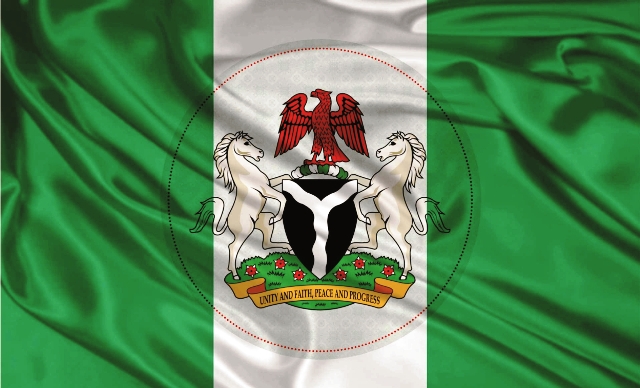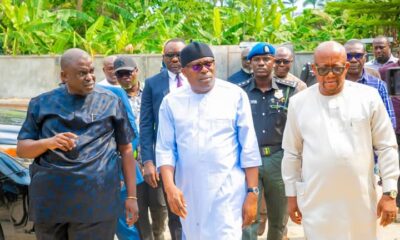Business
Nigeria’s Debt Profile Now Hits N26.22trn

The Federal Government and the 36 states as well as the Federal Capital Territory owed a total N26.22tn as of September 30, 2019, the Debt Management Office has disclosed.
The amount indicated that the total public debt rose by 2.02 per cent in the 12 months from September 2018, when the federal government, the states and the FCT owed a total of N25.7tn.
The Director- General of the DMO, Patience Oniha said this at a ‘Presentation on Public Debt to Stakeholders’ in Abuja.
She explained that the figures for December 2019 were not ready, adding that the DMO saw the need to make some clarifications concerning the country’s debt profile.
“There has been so much about debt in the public forum and we want to clarify some of the issues,” Oniha said.
Noting that the National Assembly approved all the borrowings made by the federal government, the DMO boss suggested that all Nigerians were collectively responsible for the debt since they were represented at the National Assembly.
She said, “Borrowing is not approved by one man. It is not determined by one man.
“Borrowing is not ad hoc there are laws and laid down provisions for borrowing.”
She added that the public debt stock was cumulative, involving borrowings made by previous administrations.
According to Oniha, the devaluation of the exchange rate, brought about by the economic downturn, considerably hiked the country’s debt profile.
“Exchange rate devaluation increased external debt stock by over N1tn,” she noted.
Oniha explained that the total public debt as of September 2019 included promisory notes amounting to N821.65bn which had been issued to settle the Federal Government’s arrears to oil marketing companies and state governments.
According to her, the issuance of the promisory notes was in line with the promisory programme approved by the Federal Executive Council and the National Assembly.
The DMO boss said out of total new borrowing of N1.61tn provided for in the 2019 Appropriation Act, only the domestic component of N802.82bn was raised due to the late passage of the budget.
Business
WEF: We Have Over a Billion Barrels of Oil Reserves … Tinubu
Business
NNPC Plans Mini NLNG Projects For Outside Pipeline Network Customers
Business
NEITI Seeks Speedy Completion Of Refineries’ Rehabilitation
-
Nation24 hours ago
Soldiers Destroy 13 Illegal Refineries, Arrest 15 Oil Thieves
-
Rivers21 hours ago
RSG Partners Coy To Train 10,000 Rivers Youths In Skill
-

 Editorial21 hours ago
Editorial21 hours agoHurray, Siminalayi Fubara Is 50!
-
Column23 hours ago
Nuclear Stocks Soar on Stargate AI Infrastructure Announcement
-
Rivers21 hours ago
Group Decries Claim Over Bukuma Royal Stool
-

 News20 hours ago
News20 hours agoWe’ll Make Fire Service Functional After 12 Yrs, Fubara Assures …Inspects Rehabilitation Works On Three Stations
-
News22 hours ago
Nigerian-American Returns $5,700 Found In US
-

 News21 hours ago
News21 hours agoFG Shops For New Accountant General, Plans Exams, Interviews

